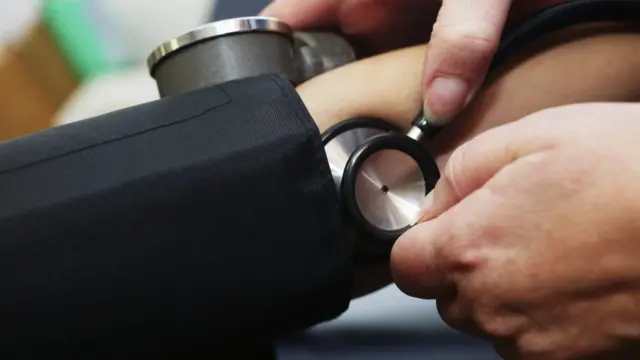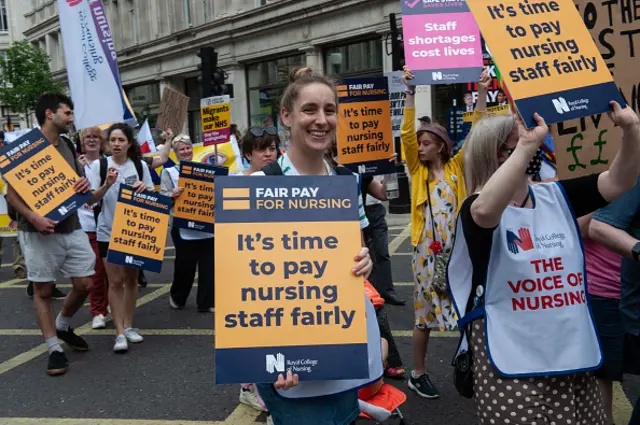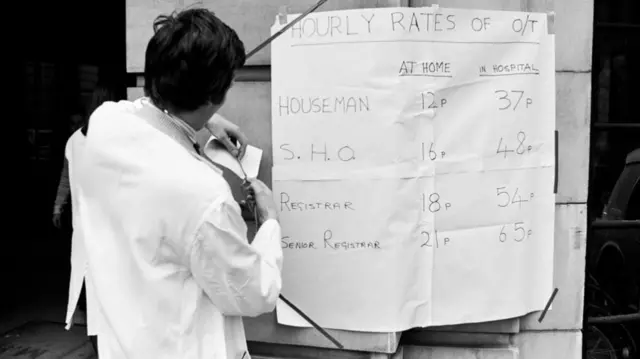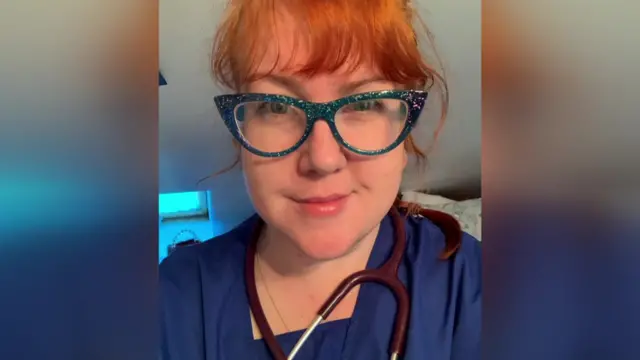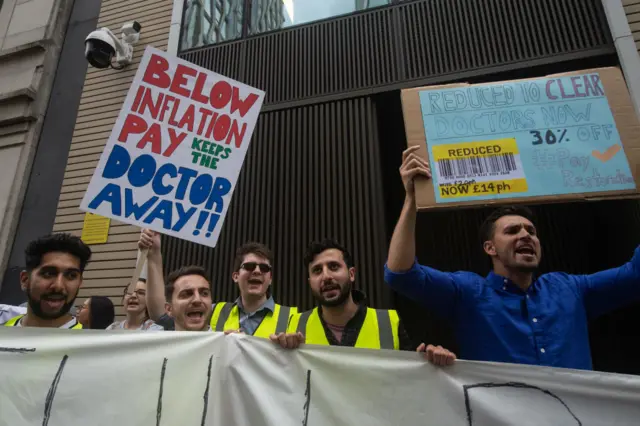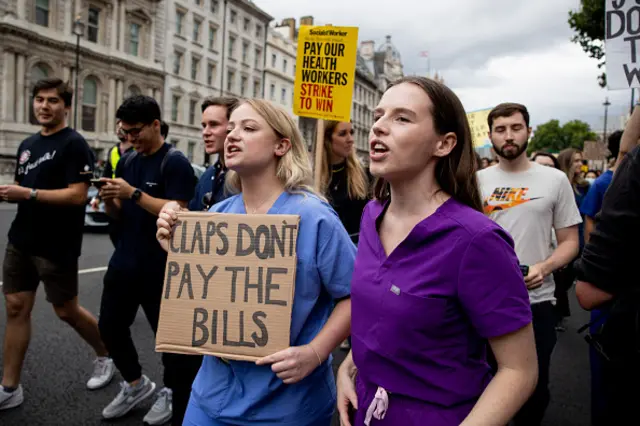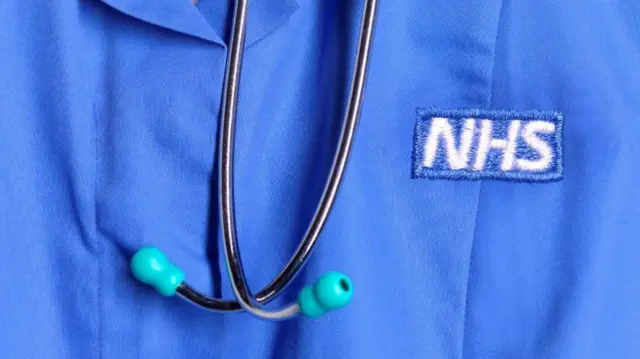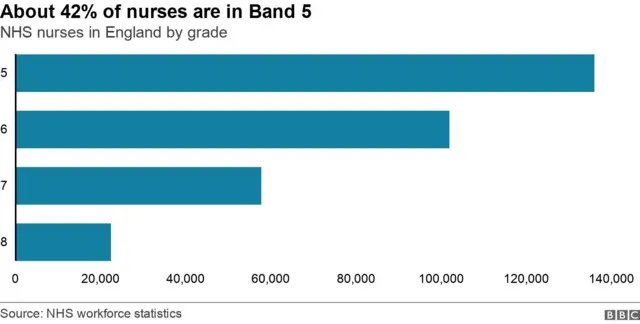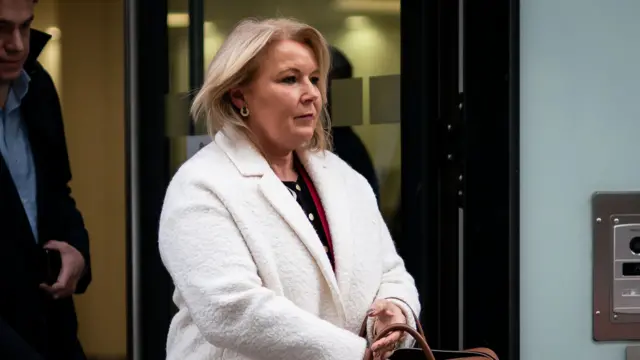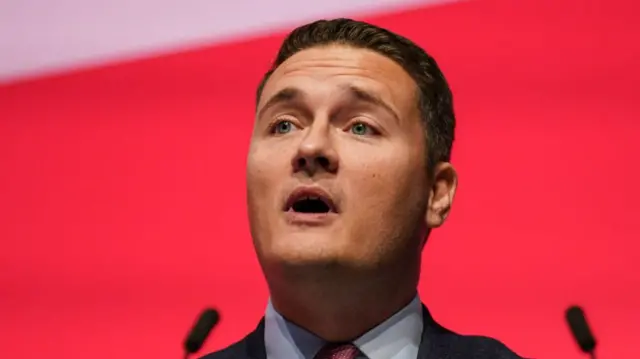What's been happening?published at 13:36 GMT 25 November 2022
We'll be pausing our coverage shortly. Here's the latest on the nurses' strikes:
- The Royal College of Nursing has announced that nurses across England, Wales and Northern Ireland will go on strike on 15 and 20 December in a pay dispute with the government
- NHS leaders said they would do "everything in their power" to minimise disruption
- Pat Cullen, the general secretary of the RCN, said nurses were "pushed to the position" of strike action
- Nurses will continue to provide "life-preserving" care during the strikes, Cullen said
- Health Secretary Steve Barclay said he "deeply regrets" the RCN's decision to stage strike action, but said it was important to respect the recommendations of the independent NHS Pay Review Body
- Shadow Health Secretary Wes Streeting criticised Barclay for "refusing to negotiate with nurses"
Today's coverage was written by James Harness, Sam Hancock, Aoife Walsh, Andre Rhoden-Paul, Gemma O'Reilly and Anna Boyd, and edited by Nathan Williams.
